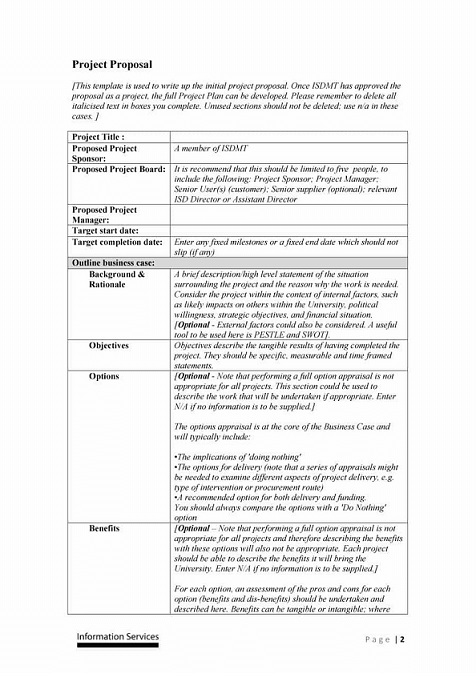Independent contractors and people that provide services like bookkeeping, IT support, SEO often need to create professional proposal templates to win new projects. Proposals are essential documents required by stakeholders and clients to make business or project decisions. If you must stand out in your niche and get the top jobs, you will need a professional proposal template.
A professional template helps you achieve different things at the same time. First, it helps you create faster proposals and also represent you well before clients, which may become a tool to cement a solid business relationship.

One universal truth about proposals is that they are always unique, and no two are the same. A professional proposal template should show thoughtful planning with a logical arrangement of contents. Proposals can vary in content, scope, and length. However, the effectiveness of a proposal is not judged by the weight nor the content of the letter.
A proposal is rather judged by the value it brings to the table and its persuasive ability that is supported by statistics and facts. Sometimes, the business relationship is complicated by technical issues and needs a long proposal to help your prospect make a decision. Other times, it may short with a primary purpose to make sure everyone is on the same page.\
What should a professional proposal template include?
Regardless of nature, a professional proposal template should cover the following sections:
1. Header
Label the document accordingly, stating the type of proposal it is. Include your name, email, and contact address, phone number as well those of your client.
2. Executive summary
Structure this section so that the reader can grasp what the document is about just by reading the summary alone. Also, let the client know the steps to take after going through the document.
3. Problem definition
State the problem your client is facing and how your service will resolve the issue.
4. Solution and strategy
A prospect is interested in your solution and how it will solve their problem. Highlight your strategy and state what the situation would look like when you complete the project.
5. Cost and schedule
Compensation is a relevant aspect of any professional proposal template writing, if applicable. Outline the services involved and the fees for each and include the total amount needed to complete it. Also include an activity schedule plus the proposed time to start and complete the project.
6. Terms and conditions
Include terms of service like payment method and due date, etc.

Tips for creating a professional proposal template
There are no rules that cover proposal writing for every industry and circumstances. However, there are simple steps to ensure that your professional proposal template gets the job done.
1. Focus on your client's goal
Your proposal should have your client as its focus. Explain how your service will help your prospects meet their objectives and achieve their goals. You will get a better result for tailoring your professional proposal template to meet specific client requirements.
2. Keep it brief and straightforward
There are times when a proposal needs to be packed with data, especially when technical statistics and complicated products or services are involved. Otherwise, it would help if you make the document as short as possible while ensuring it covers the necessary information.
3. Ask questions
One good strategy of crafting a professional proposal template is gathering information from the prospect if possible before writing. Request to know the client's problem, expectations, and essential factors that would help them decide. You may want to know client requirements and prioritize factors and other information you will need to craft a solid proposal.





